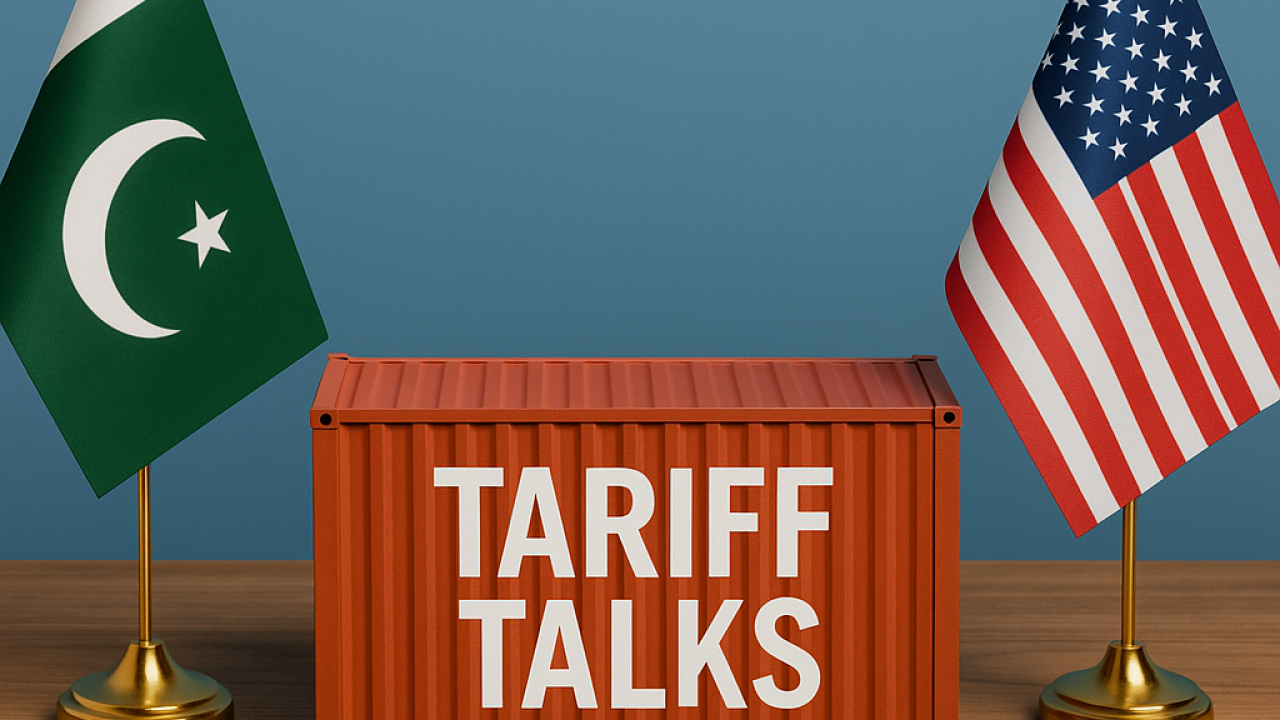In a strategic move to deepen economic engagement with the United States, Pakistan has proposed a zero-tariff bilateral trade agreement, aiming to eliminate duties on a select range of products that are of mutual interest. The proposal, as reported by local media, is designed to enhance trade volumes and foster stronger commercial collaboration across multiple sectors.
This development comes at a time when trade policies are undergoing significant shifts globally. Pakistan’s offer reflects its intent to position itself as a favorable trade partner to the US, particularly in areas where both countries can benefit from duty-free access. By targeting specific product lines, the initiative is expected to generate new business opportunities, increase exports, and improve market access for Pakistani goods in the United States.
The announcement coincides with recent remarks by US President Donald Trump, who noted that India had also proposed a similar zero-tariff deal with the US. However, Trump expressed frustration over Apple Inc.’s decision to expand its operations in India, voicing concerns that the company’s investment strategy may not align with American economic interests. The President’s comments reflect the complex balance between fostering foreign investment and protecting domestic economic priorities.
India, on its part, is working to finalize its trade agreement with the US within the 90-day window provided by President Trump’s suspension of planned tariff hikes for key trading partners. The South Asian nation sees this as a critical opportunity to stabilize and improve its trade relationship with Washington.
READ MORE: Sindh Shifts to Fully Digital Certificate Verification for Matric and Intermediate
In a broader geopolitical context, President Trump also claimed earlier this week that US diplomacy played a pivotal role in defusing a potentially catastrophic conflict between Pakistan and India, hinting at a narrowly avoided nuclear standoff. Speaking at a White House event, he suggested that trade concerns were a significant factor in both nations stepping back from escalation, indicating that economic interdependence can act as a deterrent to military conflict.
Pakistan’s proposal for a zero-tariff trade agreement highlights its desire to be seen as a cooperative and reliable economic partner in the global marketplace. If the deal progresses, it could mark a turning point in US-Pakistan economic relations, offering benefits to industries on both sides while contributing to regional stability through stronger economic ties.


